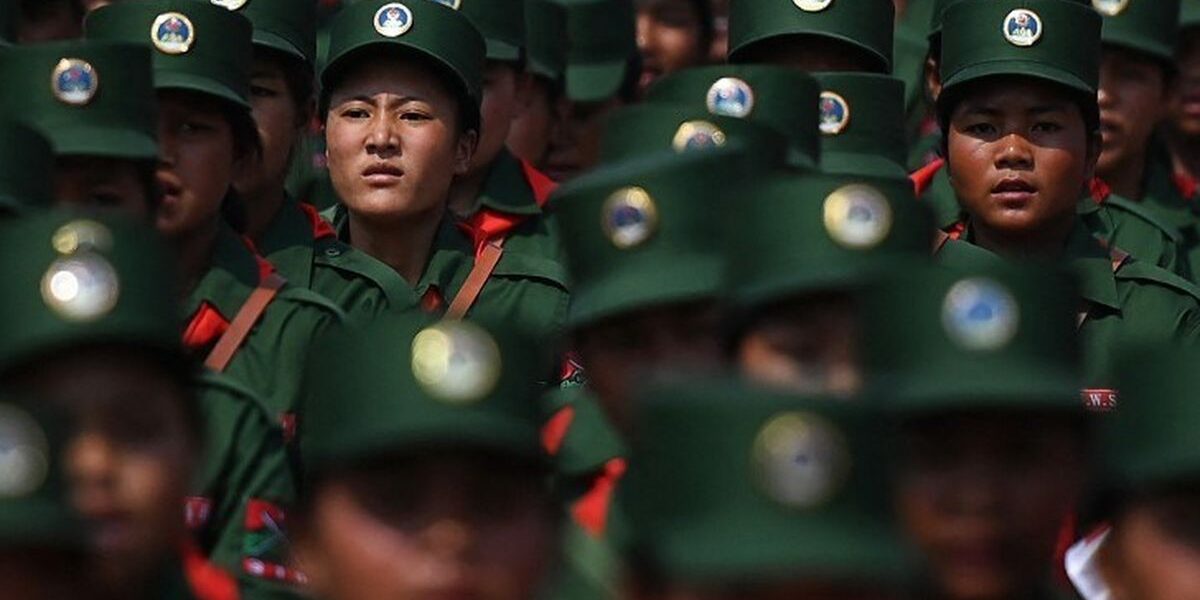Forced Drug Use Among Myanmar Soldiers
Reports have surfaced alleging that soldiers in Myanmar are being forced to consume drugs to maintain alertness in war zones. These revelations raise serious concerns about human rights violations and the mental and physical well-being of the soldiers.
The practice is believed to stem from the need to sustain performance during prolonged and intense combat situations. However, the long-term effects of drug dependency are dire, impacting both individuals and society at large.
Why Myanmar Soldiers Are Forced Into Drug Use
Myanmar’s military, also known as the Tatmadaw, faces challenges including high-stress combat situations and extended deployments. In such circumstances, drugs are reportedly used as a tool to enhance focus and suppress fear or fatigue.
This issue reflects deeper problems within the Myanmar military, including lack of proper training, inadequate support systems, and disregard for the well-being of personnel.
Consequences of Drug Use in War Zones
The forced use of drugs has devastating consequences for Myanmar soldiers. Physical side effects include addiction, deteriorating health, and reduced life expectancy. Psychologically, it can lead to dependency, paranoia, and mental health disorders.
Moreover, the presence of drugged soldiers in conflict zones increases risks for civilians, as impaired judgment can lead to heightened violence and human rights abuses.
Global Reactions to Drug Use in Myanmar’s Military
The international community has expressed outrage over these reports. Human rights organizations have called for immediate investigations and urged Myanmar’s authorities to end such practices.
Advocates stress the need for accountability within the Tatmadaw and for comprehensive reforms to address the underlying issues contributing to drug use among soldiers.

